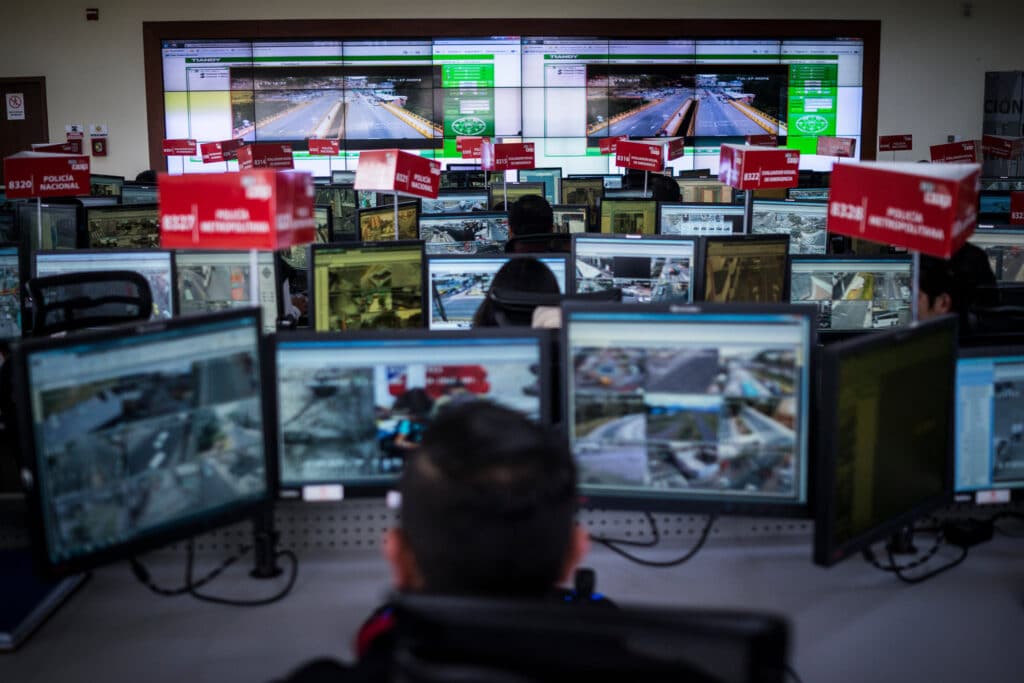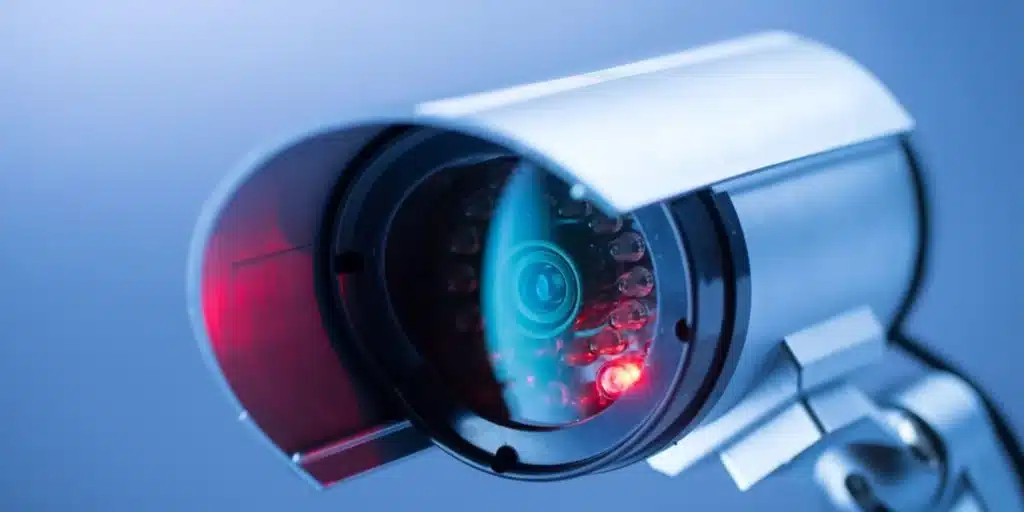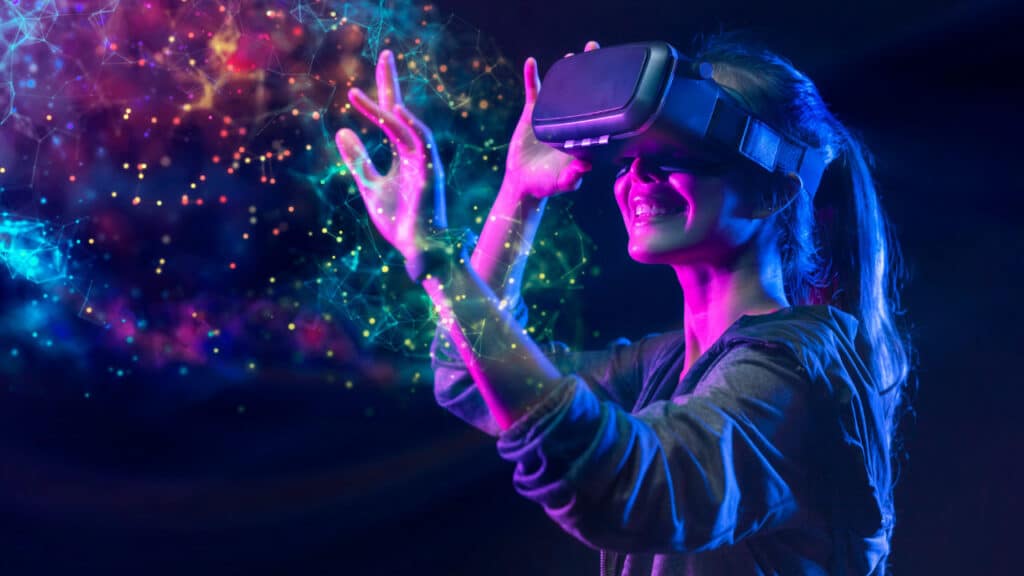In recent years, the use of surveillance technology has become increasingly prevalent in our society. From closed-circuit television (CCTV) cameras in public spaces to social media monitoring, surveillance technology is being used to monitor and record our every move. While these technologies have benefits, such as improving public safety and aiding law enforcement, they also have significant implications for privacy. In this essay, we will explore the effects of surveillance technology on privacy and the paradoxical relationship between the two.
Contents
Surveillance Technology & The Implications
Surveillance technology has several benefits. One of the most significant is its ability to enhance public safety. CCTV cameras are often installed in public spaces to deter crime and provide evidence in the event of an incident. Similarly, monitoring social media can help identify potential threats and prevent acts of violence before they occur. In addition, surveillance technology can be used to protect vulnerable populations, such as children and the elderly.
Despite the benefits of surveillance technology, there are significant implications for privacy. The constant monitoring and recording of our actions can feel intrusive and violate our right to privacy. This is particularly true when surveillance technology is used without our knowledge or consent. In addition, the data collected by surveillance technology can be used for nefarious purposes, such as identity theft or blackmail. It can also be used to discriminate against individuals based on their race, gender, or other characteristics.
The Paradoxical Relationship
The relationship between surveillance technology and privacy is paradoxical. On the one hand, surveillance technology can be used to protect our privacy. For example, encryption technology can be used to secure our online communications and protect our personal information. On the other hand, the use of surveillance technology can also violate our privacy. For example, facial recognition technology can be used to track our movements without our knowledge or consent. Similarly, the use of social media monitoring can be used to monitor our online activities and potentially violate our right to free speech.
Given the paradoxical relationship between surveillance technology and privacy, there is a need for regulation. Governments and businesses must strike a balance between using surveillance technology to protect public safety and respecting individuals’ right to privacy. One way to achieve this balance is through the development of privacy laws and regulations. These laws and regulations should govern the use of surveillance technology and ensure that it is used responsibly and ethically.
In addition to legal regulation, there is also a need for ethical guidelines. Those who design and implement surveillance technology should be held accountable for ensuring that it is used in a way that respects individuals’ privacy rights. This requires a commitment to transparency and openness, as well as a willingness to engage in ongoing dialogue with stakeholders.
The Future of Surveillance Technology and Privacy
As technology continues to advance, the relationship between surveillance technology and privacy will become increasingly complex. The rise of artificial intelligence (AI) and machine learning will enable surveillance technology to become even more sophisticated, potentially allowing it to identify individuals based on their behavior and other characteristics. At the same time, concerns about privacy will continue to grow as individuals become more aware of the potential risks associated with surveillance technology.
To address these challenges, there is a need for ongoing dialogue between stakeholders. This includes not only governments and businesses but also civil society organizations and individuals. By engaging in open and transparent dialogue, we can develop a shared understanding of the risks and benefits of surveillance technology and work together to ensure that it is used in a way that respects individuals’ privacy rights. In conclusion, the use of surveillance technology has significant implications for privacy. While it can be used to enhance public safety and protect vulnerable populations, it can also violate individuals’ privacy rights.




